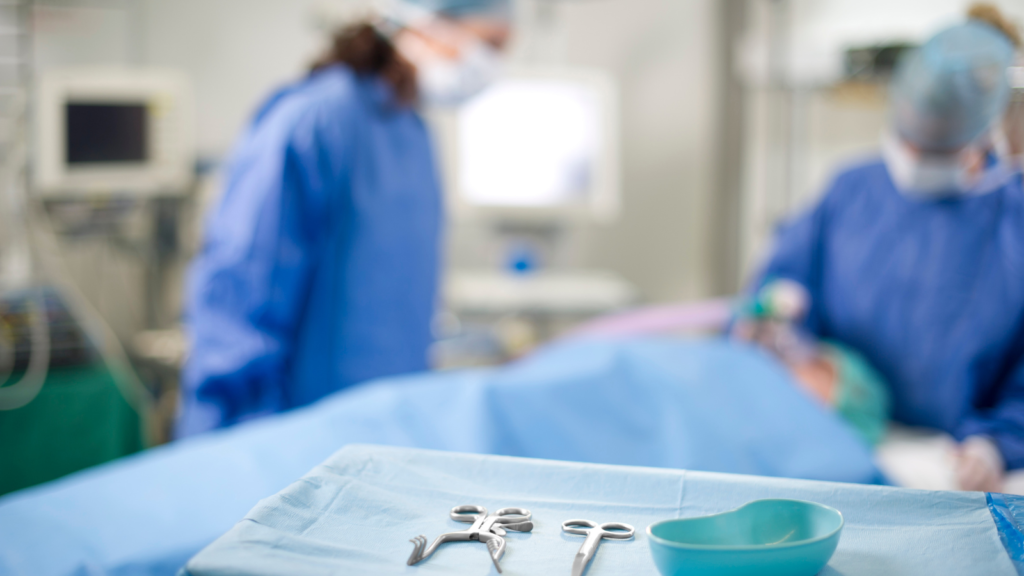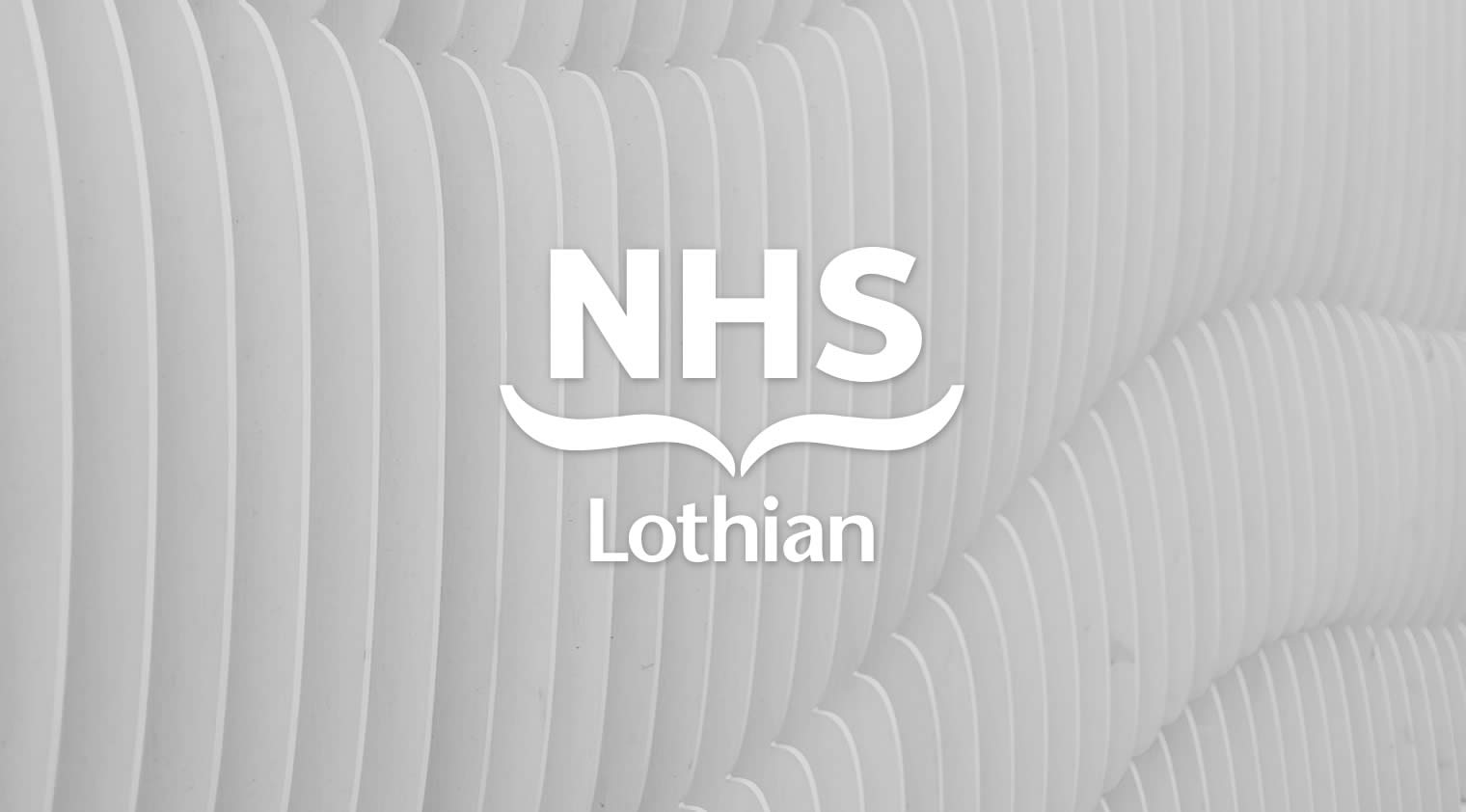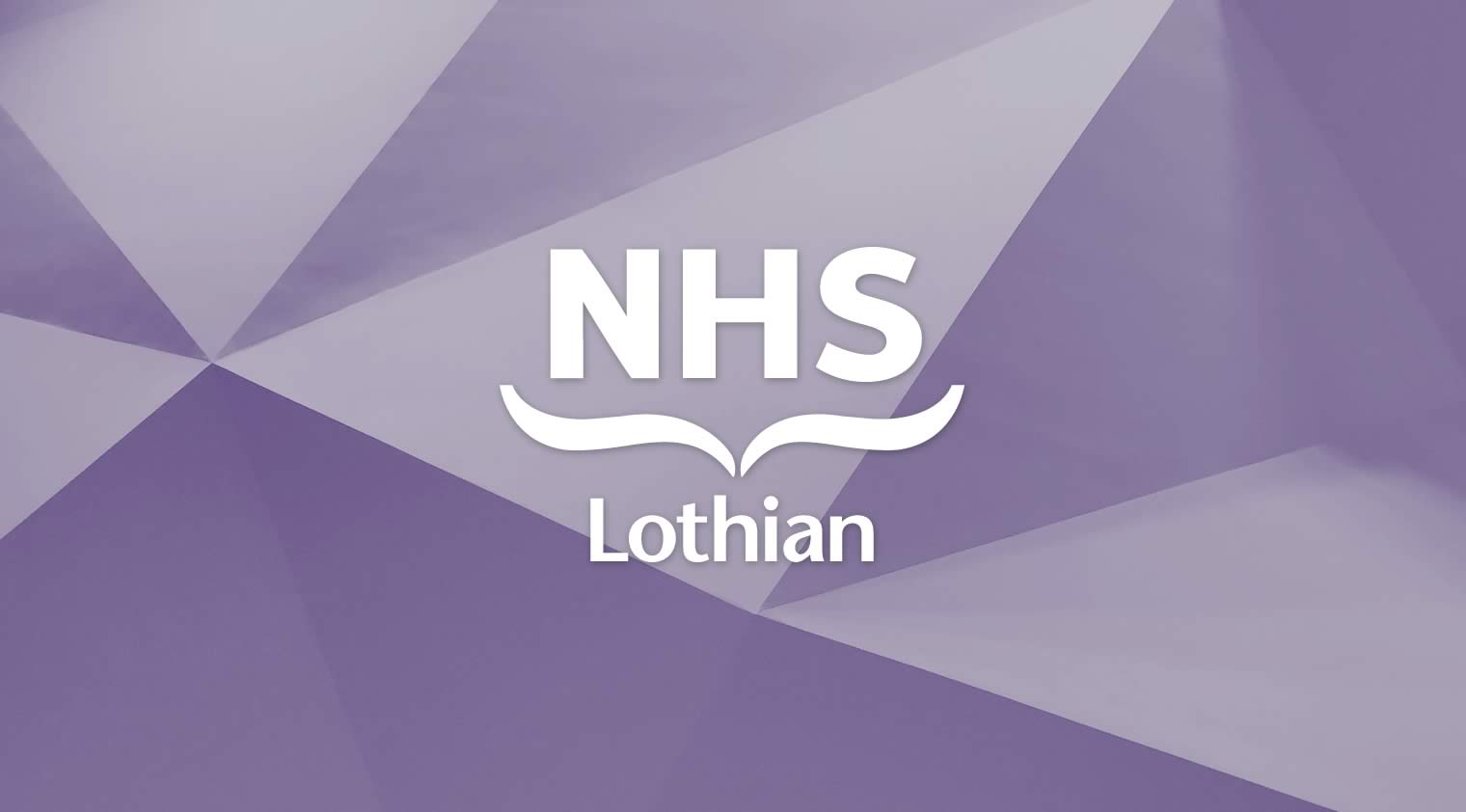NHS Lothian’s Western General Hospital has significantly reduced its carbon emissions thanks to a team of environmentally conscious anaesthetists.
By replacing the use of one medical gas alone with an eco-friendlier alternative, the Department of Anaesthetic’s carbon footprint has decreased by over 125 tonnes annually.
Anaesthetic gases have a significant impact on the environment and account for around 5% of the overall carbon footprint of health services.
Desflurane and Nitrous Oxide are two of the most environmentally harmful gases used in operating theatres, with Desflurane having a global warming potential 2,500 times greater than carbon dioxide.
The team at the Western stopped using Desflurane in April 2022, switching to eco-friendlier alternatives, which reduced the carbon emissions of their anaesthetic gases by 73%.
Dr Matthew Royds, Clinical Director of Anaesthetics & Theatres at the Western, said: “Operating theatres are significant contributors to the carbon emissions generated by healthcare. A lot of this is due to the gases and techniques which have long been used in anaesthesia.
“Our team feel that, as professionals, we have a moral obligation to find more sustainable alternatives, while continuing to deliver the same high level of patient care.
“It is incredibly rewarding to see the real and measurable reduction in our environmental impact, which has been achieved through a passionate team effort and a long-term commitment to more sustainable practices, which will ultimately benefit us all.”
Withdrawing desflurane is the first action of the Scottish Government’s National Green Theatres Programme, part of the NHS Scotland Climate Emergency and Sustainability strategy.
Carbon emissions due to Nitrous Oxide at the Western last year were also less than 25% of previous levels due to a change in the way this is used and delivered.
In the next two years, the aim is to reduce these emissions to zero at the Western, with piped Nitrous Oxide at two other Lothian hospitals awaiting decommissioning.
Jane Hopton, Programme Director and Sustainability Lead for NHS Lothian, said: “The changes being driven by Dr Royds and his colleagues are essential if we are to achieve our Net Zero goals.
“The support and commitment of the staff in anaesthetics and theatres has a had huge impact on making this work a success, as well as creating financial and environmental savings for NHS Lothian without compromising patient care.
“In the Royal Infirmary and St John’s hospitals, the teams have also been hard at work to safely reduce the environmental impact of these gases.
“In late 2021, St John’s became the first hospital in Scotland to use a new technology during labour which breaks down exhaled Nitrous Oxide into harmless Nitrogen and Oxygen.
“We are proud to support the increasing number of professionals across NHS Lothian who are taking action to reduce the impact of health care on the environment.”























